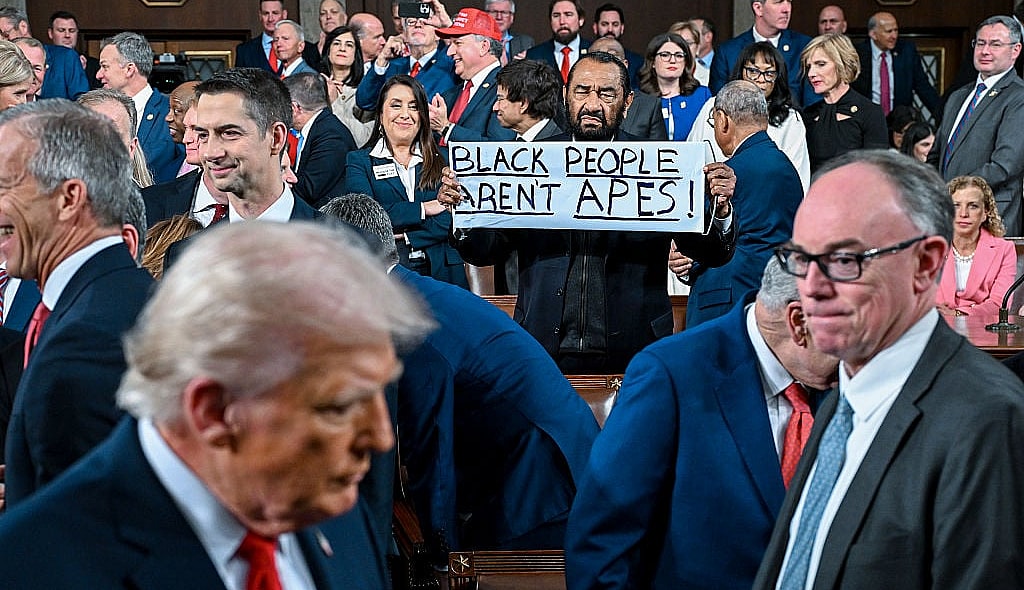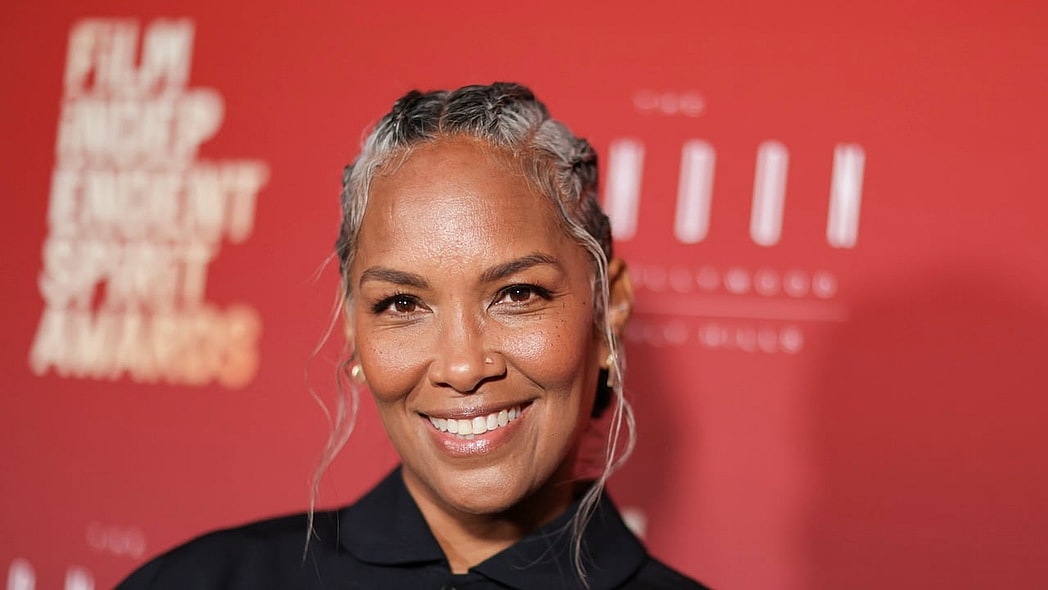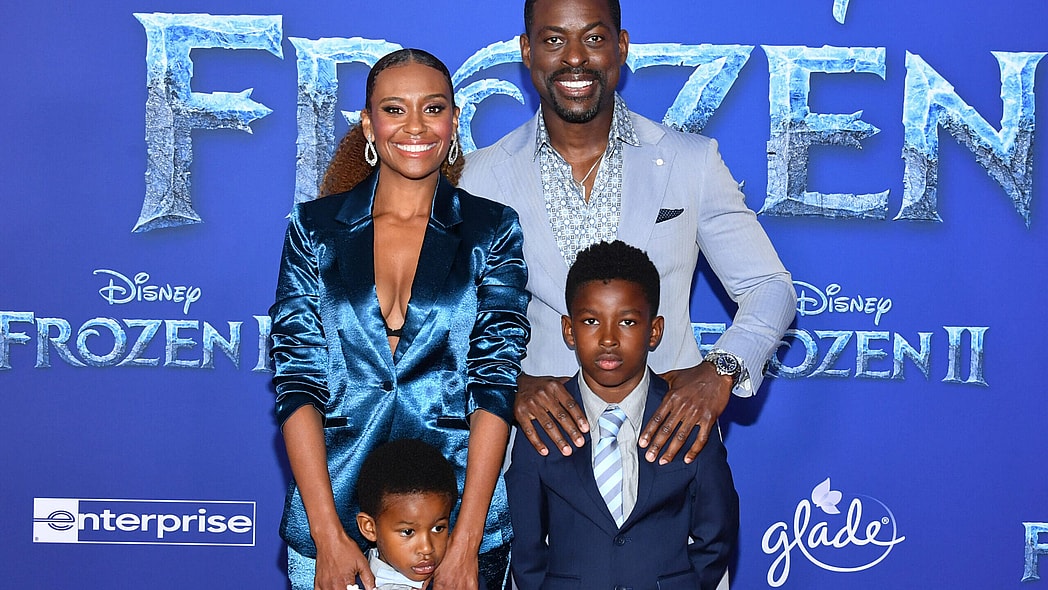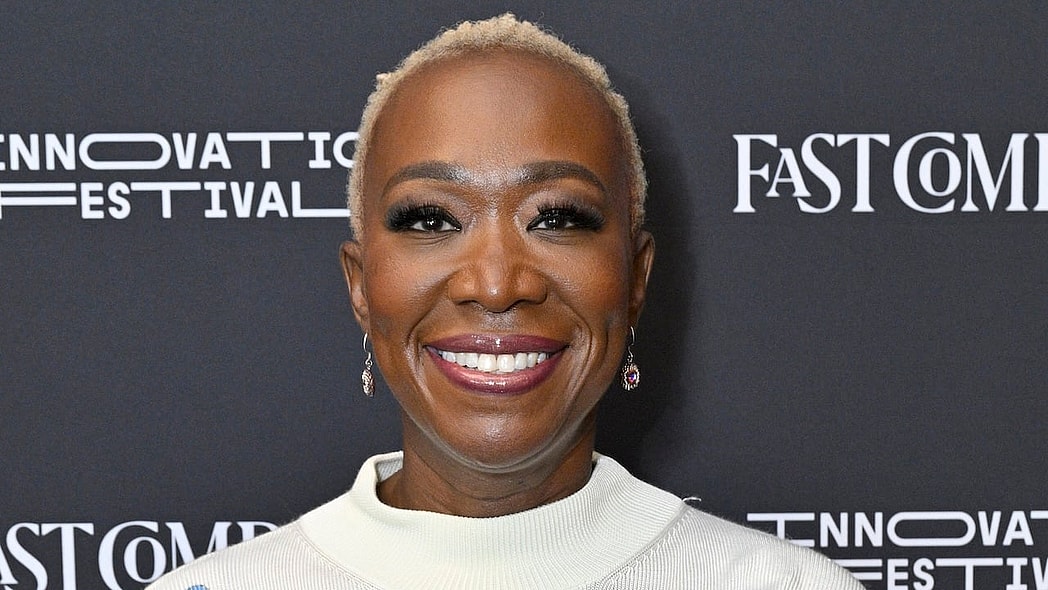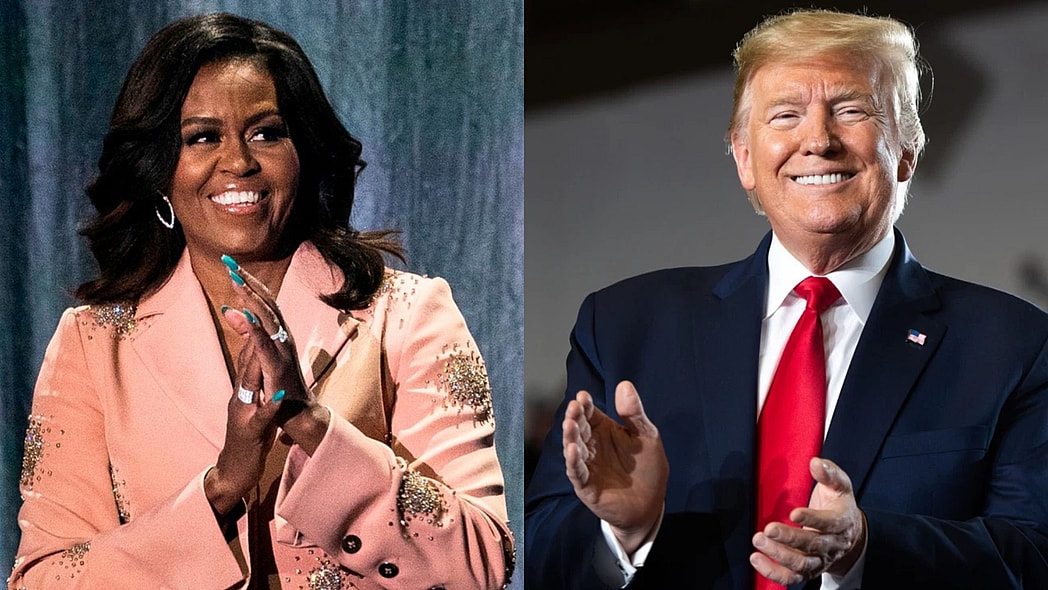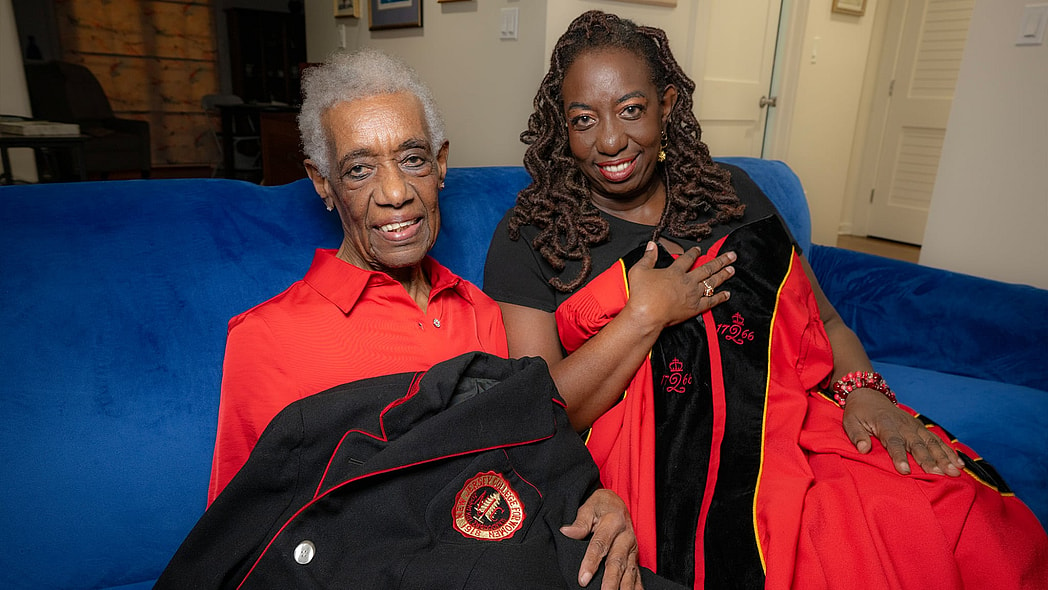Editor’s note: The following article is an op-ed, and the views expressed are the author’s own. Read more opinions on theGrio.
In fear of a prowler near her home, Sonya Massey called 911 for help, according to officials.
She ended up dying after being shot in the face by a police officer — over a pot of hot water.
The details of the 36-year-old’s death are rage-inducing.
When Sangamon County deputies arrived at Massey’s home in Springfield, Illinois, around 12:50 a.m. on July 6, prosecutors say one of those officers, Deputy Sean Grayson, “aggressively yelled” at Massey to put a pot of boiling water down. She did, and then once she put her hands in the air, she said “I’m sorry” as she ducked for cover before being shot in the face.
According to court documents, when the officers encountered Massey, she “appeared to be calm, perhaps unwell, not aggressive.” After entering her home, Grayson “noticed a pot on the stove, and approved of Massey removing the pot to prevent any accidental fires” as the pot “apparently contained heated water.”
What happened next is unclear, but after Massey set the pot down on a counter in the kitchen, Grayson, who was in Massey’s living room, then “drew his 9mm firearm and threatened to shoot Ms. Massey in the face.”
Upon seeing the gun, Massey put her hands in the air and said “I’m sorry” while ducking for cover behind the counter that separated her and Grayson.
“With his firearm still drawn, Grayson went closer to Massey and aggressively yelled at her to put the pot down,” and then shot her in the face according to CNN, citing court documents.
If Grayson’s level of depravity was not made clear enough by this breakdown, consider that even after he shot Massey, a woman who called the police for help from a prowler, he went on to discourage the other deputy from getting his medical kit.
“The other deputy still rendered aid and stayed with Ms. Massey until medical help arrived,” First Assistant State’s Attorney Mary Rodgers wrote in court documents. Grayson “at no time attempted to render aid to Ms. Massey.”
Recommended Stories
After an investigation determined Grayson had no justified use of force, he was indicted on charges of first-degree murder, aggravated battery with a firearm, and official misconduct.
Additionally, Sheriff Jack Campbell said Grayson has been fired.
“It is clear that the deputy did not act as trained or in accordance with our standards. … With our badge, we accept enormous responsibility, and if that responsibility is abused, there should be consequences,” Campbell said on Wednesday.
That same day, the Massey family, supported by 200 people outside, reportedly visited the Springfield NAACP to view body camera footage of the shooting.
Ben Crump, an attorney for Massey’s family, in a statement on Thursday, called the indictment “an important milestone in the pursuit of justice.”
Illinois Governor J.B. Pritzker also weighed in on the charges.
“I am enraged that another innocent Black woman had her life taken from her at the hands of a police officer,” Pritzker said. “I’m grateful to the Springfield State’s Attorney’s office for bringing the appropriate charges in this case. May Sonya Massey’s memory be a blessing, and may it fuel our work to build a system of justice in this country that truly protects all of its citizens.”
The body cam video will be released Monday morning, and the footage will be unredacted besides “certain images” out of respect for Massey’s family.
“The actions taken by Deputy Grayson do not reflect the values and training of the Sangamon County Sheriff’s Office or law enforcement as a whole,” the statement reads, in part. “Good law enforcement officers stand with our community in condemning actions that undermine the trust and safety we strive to uphold. In times like these, it is crucial for leadership across all sides and spectrums to come together to heal our community.”
I will never become numb to the number of unarmed Black people who needlessly die at the hands of the state, but I am bored of hearing the same statements from the same set of people.
The law enforcement officials who swear that, in spite of statistical evidence of police discrimination, shooting unarmed Black people is not the norm.
The politicians who condemn racism and police brutality but offer no plan of action to address it.
Even the lawyers, who are just doing their jobs, calling an indictment a significant win after so many years of so many other indictments and convictions leaving us in the same predicament.
Carson said: “It is extremely hard to imagine how a woman who calls the police out of fear of an intruder ends up shot in the head by police at her own home.”
It is shocking, to be sure, but totally surprising? Unfortunately, no. When don’t we hear of a white officer shooting a Black person?
Sonya Massey’s death is a travesty, and for Black people, a frightening reminder of what we already know: We can’t call the police for help without the possibility of not surviving.
Sonya Massey’s killer should face consequences for what he did and how he did it, but she should still be here.
She was only 36. She had a whole life ahead of her, but she called the police for help and lost her life for it.
Her life deserved a better ending and we deserve the right to fear it could happen to us, too.

Michael Arceneaux is the New York Times bestselling author of “I Can’t Date Jesus, I Don’t Want To Die Poor,” and his latest essay collection, “I Finally Bought Some Jordans.”


